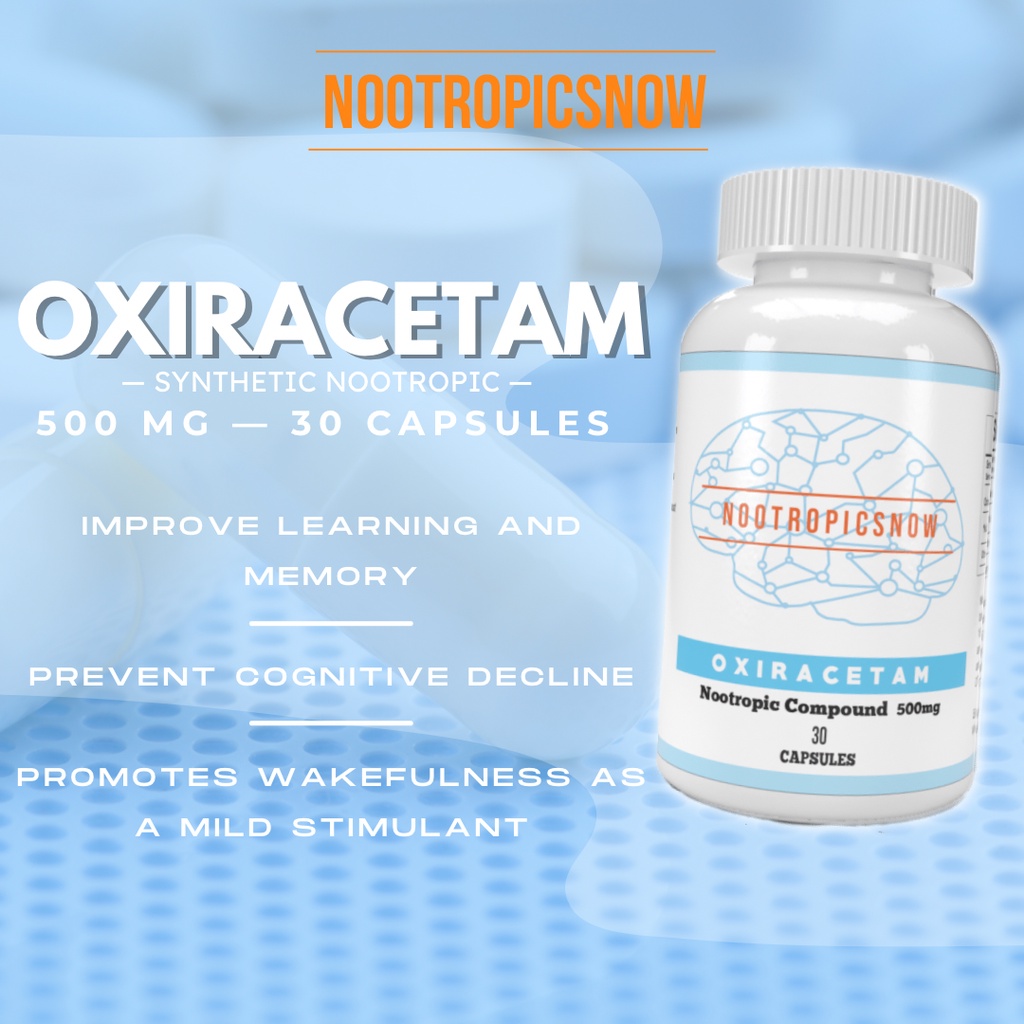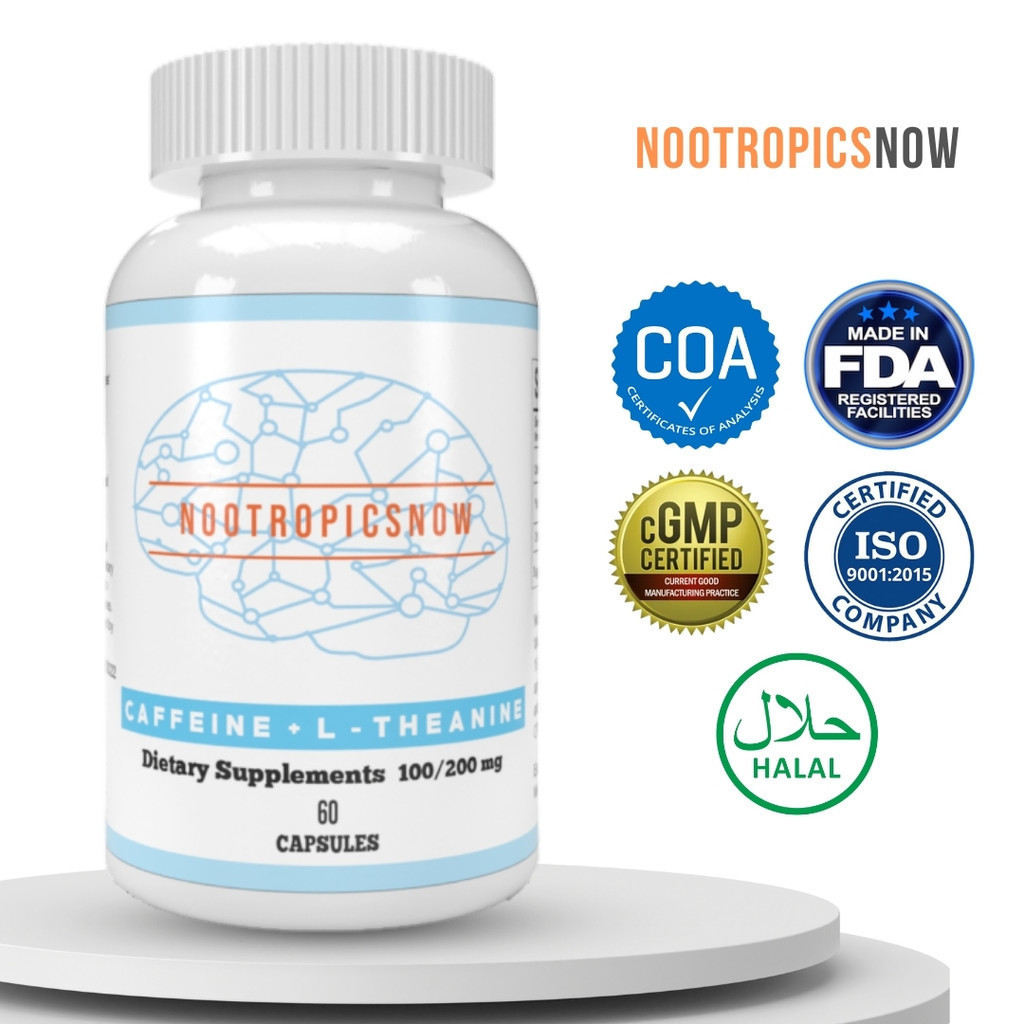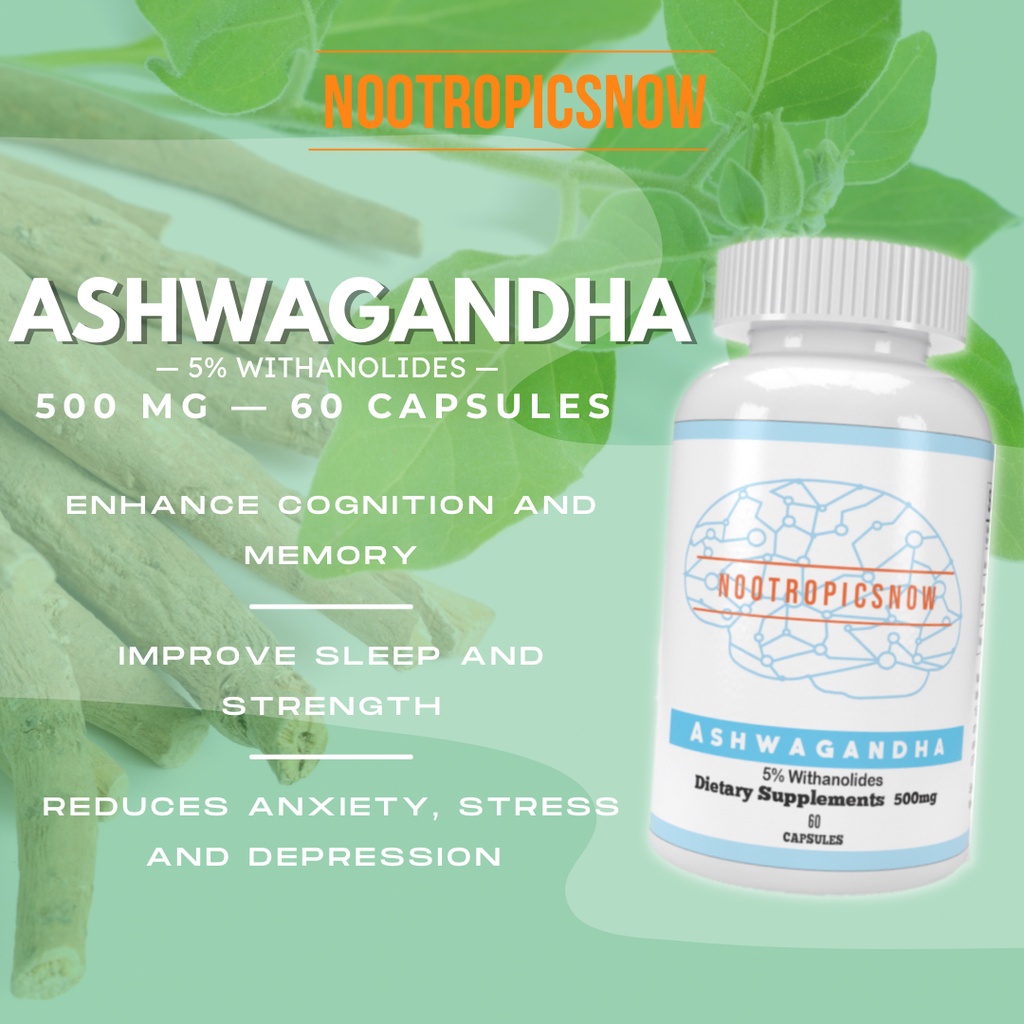L-Theanine Caffeine Ratio: Optimal Balance

The Ideal L-Theanine to Caffeine Ratio: Optimizing Cognitive Benefits

The synergistic relationship between L-theanine and caffeine has become a cornerstone for individuals seeking enhanced cognitive performance and sustained energy levels. This combination aims to harness the stimulating effects of caffeine while mitigating its common drawbacks, such as anxiety, jitters, and the inevitable crash. The key to unlocking this potential lies in understanding and implementing the optimal L-theanine to caffeine ratio. Therefore, finding the correct balance is paramount for maximizing benefits and minimizing unwanted side effects. This detailed exploration delves into the science behind this popular stack, examines the various ratios, and provides insights for tailoring the combination to individual needs.
Understanding L-Theanine and Caffeine
Before exploring the ideal ratio, it’s crucial to understand the individual properties of L-theanine and caffeine. Caffeine, a well-known stimulant, primarily works by blocking adenosine receptors in the brain, reducing fatigue and promoting alertness. Consequently, this process leads to increased neuronal excitability and enhanced cognitive function. However, excessive caffeine consumption can lead to undesirable side effects like anxiety, insomnia, and heart palpitations.
L-Theanine, on the other hand, is an amino acid primarily found in green tea leaves. It promotes relaxation without causing drowsiness, primarily by increasing alpha brainwave activity. Moreover, L-theanine also modulates neurotransmitters like GABA, dopamine, and serotonin, contributing to its calming and mood-enhancing effects. It effectively complements caffeine by smoothing out its stimulating effects and reducing the likelihood of jitters.
Why Combine L-Theanine and Caffeine?
The rationale behind combining L-theanine and caffeine is based on their complementary mechanisms of action. Caffeine provides the desired boost in alertness and focus, while L-theanine mitigates the negative side effects commonly associated with caffeine consumption. Together, they create a synergistic effect, offering a more balanced and sustained cognitive enhancement.
Specifically, L-theanine helps to:
Reduce Anxiety: By promoting relaxation, L-theanine can counteract the anxiety-inducing effects of caffeine.

View Product
Improve Focus: L-theanine enhances attention and concentration without the jitteriness that caffeine can sometimes cause.
Enhance Mood: L-theanine’s influence on neurotransmitters like dopamine and serotonin contributes to a more positive and stable mood.
Mitigate Jitters: The calming properties of L-theanine help to smooth out the stimulating effects of caffeine, reducing the likelihood of jitters and restlessness.

View Product
The Core Ratios: Balancing Act
While individual responses may vary, certain L-theanine to caffeine ratios have emerged as the most effective for cognitive enhancement. These ratios provide a framework for experimentation and personalization based on individual needs and sensitivities. Let’s examine these core ratios in detail.
2:1 Ratio: The Calming Dominance
The 2:1 ratio, where the dosage of L-theanine is twice that of caffeine (e.g., 200mg L-theanine and 100mg caffeine), is often favored for its pronounced calming effects. This ratio is particularly beneficial for individuals who are highly sensitive to caffeine or prone to anxiety. In this scenario, L-theanine takes center stage, dampening the stimulatory impact of caffeine and promoting a state of relaxed focus.
Benefits of the 2:1 Ratio:
Reduced Anxiety: The higher dose of L-theanine provides a greater anxiolytic effect, making it suitable for those prone to anxiety.
Enhanced Relaxation: This ratio promotes a sense of calm and relaxation, which can be beneficial for individuals who struggle with stress.
Improved Sleep Quality: By minimizing the stimulating effects of caffeine, this ratio is less likely to disrupt sleep patterns if consumed later in the day.
Potential Drawbacks:
Reduced Stimulation: Some individuals may find that the calming effect of L-theanine overshadows the stimulating effect of caffeine, leading to a less pronounced energy boost.
Drowsiness: In some cases, the higher dose of L-theanine may induce drowsiness, particularly in individuals who are highly sensitive to its effects.
1:1 Ratio: The Balanced Approach
The 1:1 ratio, where the dosage of L-theanine is equal to that of caffeine (e.g., 100mg L-theanine and 100mg caffeine), offers a balanced approach. This ratio aims to provide a synergistic effect, where both compounds contribute equally to the cognitive enhancement.
Benefits of the 1:1 Ratio:
Balanced Effects: This ratio provides a more balanced combination of stimulation and relaxation, catering to those who desire a moderate energy boost without excessive jitters.
Improved Focus: The combination can enhance attention and concentration without causing significant anxiety or restlessness.
General Cognitive Enhancement: This ratio is a good starting point for those new to the L-theanine and caffeine stack, providing a general improvement in cognitive function.
Potential Drawbacks:
Insufficient Calming: Some individuals may find that the 1:1 ratio does not provide enough calming effect to fully counteract the anxiety-inducing effects of caffeine.
Mild Jitters: Depending on individual sensitivity, mild jitters may still be experienced with this ratio.
1:2 Ratio: The Stimulation Focus
The 1:2 ratio, where the dosage of L-theanine is half that of caffeine (e.g., 100mg L-theanine and 200mg caffeine), emphasizes the stimulating effects of caffeine while still mitigating some of its negative side effects. This ratio is best suited for individuals who require a significant energy boost and are less sensitive to the anxiety-inducing effects of caffeine.
Benefits of the 1:2 Ratio:
Stronger Stimulation: This ratio provides a more pronounced energy boost, making it suitable for tasks requiring high levels of alertness and focus.
Improved Productivity: The enhanced stimulation can lead to increased productivity and motivation.
Some Mitigation of Jitters: L-theanine still provides some calming effect, helping to reduce the severity of jitters and anxiety associated with higher doses of caffeine.
Potential Drawbacks:
Increased Anxiety: This ratio is more likely to induce anxiety, particularly in individuals who are prone to it.
Potential for Crash: The higher dose of caffeine may lead to a more pronounced energy crash once its effects wear off.
Sleep Disruption: This ratio is more likely to disrupt sleep patterns if consumed later in the day.
Factors Influencing the Ideal Ratio
Determining the ideal L-theanine to caffeine ratio is not a one-size-fits-all approach. Various factors can influence individual responses and the effectiveness of different ratios. These factors include:
Caffeine Sensitivity: Individuals with high caffeine sensitivity may benefit from a higher L-theanine to caffeine ratio (e.g., 2:1) to mitigate anxiety and jitters. Those with low caffeine sensitivity may tolerate a lower ratio (e.g., 1:2) for a stronger energy boost.
Individual Metabolism: Metabolic rate can affect how quickly caffeine is processed, influencing its duration and intensity. Individuals with slower metabolism may require lower doses of caffeine or a higher L-theanine to caffeine ratio.
Body Weight: Body weight can influence the concentration of caffeine in the bloodstream. Individuals with higher body weights may require higher doses of caffeine to achieve the desired effects.
Desired Cognitive Effects: The specific cognitive effects desired can influence the ideal ratio. For example, if the goal is to enhance focus and concentration without significant stimulation, a balanced ratio (e.g., 1:1) may be appropriate. If the goal is to achieve a strong energy boost for demanding tasks, a lower ratio (e.g., 1:2) may be preferred.
Time of Day: The time of day can also influence the ideal ratio. Consuming caffeine later in the day may warrant a higher L-theanine to caffeine ratio to minimize sleep disruption.
Tolerance: Regular caffeine consumption can lead to tolerance, requiring higher doses to achieve the same effects. Individuals with high caffeine tolerance may benefit from a lower L-theanine to caffeine ratio to achieve the desired stimulation.
How to Find Your Optimal Ratio: A Step-by-Step Guide
Finding the optimal L-theanine to caffeine ratio requires experimentation and careful observation. This step-by-step guide can help you navigate the process:
Start with a Baseline: Begin by assessing your current caffeine consumption habits and sensitivity. Are you a regular coffee drinker? Do you experience anxiety or jitters when consuming caffeine? This baseline will help you determine an appropriate starting ratio.
Choose a Starting Ratio: Based on your baseline, select a starting ratio. If you are highly sensitive to caffeine, begin with a 2:1 ratio. If you are less sensitive and desire a stronger energy boost, start with a 1:2 ratio. A 1:1 ratio is a good middle ground for those unsure of their sensitivity.
Experiment with Dosages: Begin with low doses of both L-theanine and caffeine. For example, start with 50mg of caffeine and 100mg of L-theanine (2:1 ratio) or 100mg of caffeine and 50mg of L-theanine (1:2 ratio).
Observe and Record: Carefully observe your cognitive and physical responses to the combination. Note any changes in alertness, focus, anxiety, jitters, mood, and sleep quality. Keep a detailed journal to track your experiences.
Adjust the Ratio: Based on your observations, adjust the ratio accordingly. If you experience anxiety or jitters, increase the L-theanine dosage. If you don’t feel enough stimulation, increase the caffeine dosage. Make small adjustments and allow sufficient time to assess the effects.
Repeat and Refine: Repeat the process of observation and adjustment until you find the ratio that provides the optimal cognitive effects with minimal side effects. It may take several weeks or even months to fine-tune your ideal ratio.
Consider Cycling: To prevent tolerance, consider cycling the L-theanine and caffeine stack. Take breaks from the combination every few weeks to allow your body to reset its sensitivity.
Beyond Ratios: Other Considerations
While the L-theanine to caffeine ratio is crucial, other factors can also influence the effectiveness of this stack. These considerations include:
Source and Quality: Choose high-quality L-theanine and caffeine supplements from reputable brands. The purity and potency of the ingredients can significantly affect the results.
Timing: The timing of consumption can influence the effects of the stack. Consuming it early in the day is generally recommended to minimize sleep disruption.
Diet and Hydration: Maintaining a healthy diet and staying hydrated can enhance the cognitive benefits of the stack.
Other Supplements: Be mindful of other supplements you are taking, as they may interact with L-theanine and caffeine.
Medical Conditions: Consult with a healthcare professional before using the L-theanine and caffeine stack if you have any underlying medical conditions or are taking medications.
Potential Benefits and Drawbacks of L-Theanine and Caffeine Combination
Before integrating the L-theanine and caffeine combination into your daily routine, it’s important to have a comprehensive understanding of both the potential benefits and potential drawbacks. This knowledge will empower you to make an informed decision based on your specific needs and health status.
Potential Benefits
Enhanced Cognitive Function: As already stated, enhanced mental function includes sharper attention, improved memory, and increased focus.
Improved Mood: The combination helps to boost the mood with overall feeling of improved well being.
Reduced Stress and Anxiety: Promotes calming effect without sleepiness for effective stress and anxiety reduction.
Increased Alertness: Helps with overall awareness, reduced fatigue, and enhanced energy levels.
Neuroprotection: Potential protective effect on brain cells from age-related decline and oxidative stress.
Synergistic Effect: L-Theanine may enhance caffeine’s positive effects and reduce its negatives ones.
Potential Drawbacks
Insomnia: In case of high dosages or consumption later in the day it may disrupt sleeping patterns.
Digestive Issues: In some instances, minor side effects like nausea, stomach upset, or diarrhea can occur.
Headaches: It’s possible to experience headache in a few individuals as a result of excessive caffeine intake.
Increased Heart Rate: Palpitations or high heart rate may occur in individuals sensitive to stimulants.
Anxiety: Even with L-theanine, some people may still have episodes of anxiety or jitters.
Drug Interactions: Interactions with medications are possible so a consultation with a health expert is necessary.
Dependence: It is possible to build reliance with long term usage leading to withdrawal symptoms upon cessation.
Tailoring Your Stack: Real-Life Scenarios
The optimal L-theanine to caffeine ratio can vary depending on the specific situation and desired outcome. Here are some real-life scenarios and corresponding recommendations:
Studying for Exams: A 1:1 or 2:1 ratio may be ideal for enhancing focus and reducing anxiety during long study sessions. The calming effect of L-theanine can help to maintain concentration without the jitteriness that can hinder learning.
Working on a Demanding Project: A 1:2 ratio may be preferred for projects requiring high levels of alertness and productivity. The stronger stimulation can provide the necessary energy boost to power through demanding tasks.
Preparing for a Presentation: A 2:1 ratio may be beneficial for reducing anxiety and enhancing confidence before a presentation. The calming effect of L-theanine can help to manage nerves and promote a more relaxed and confident demeanor.

View Product
Combating Afternoon Slump: A 1:1 ratio can provide a moderate energy boost to combat the afternoon slump without disrupting sleep patterns.
Engaging in Physical Activity: A 1:2 ratio may be suitable for enhancing energy and focus during physical activity.

View Product-(60-capsules-30-servings)-Nootropic-Brain-Booster-i.202321183.4251327469)
The Future of L-Theanine and Caffeine Research
The combination of L-theanine and caffeine is a promising area of research, with ongoing studies exploring its potential benefits for cognitive function, mood, and overall health. Future research may focus on:
Optimal Dosages and Ratios: Further studies are needed to determine the optimal dosages and ratios of L-theanine and caffeine for various populations and cognitive outcomes.
Long-Term Effects: More research is required to assess the long-term effects of L-theanine and caffeine consumption on cognitive function and health.
Specific Cognitive Domains: Future studies may investigate the effects of this combination on specific cognitive domains, such as memory, attention, and executive function.
Mechanisms of Action: A deeper understanding of the underlying mechanisms of action of L-theanine and caffeine may lead to more targeted and effective interventions.
Individual Variability: Research is needed to explore the factors that contribute to individual variability in response to this combination, allowing for personalized recommendations.
Conclusion: A Personalized Approach to Cognitive Enhancement
The combination of L-theanine and caffeine offers a promising approach to cognitive enhancement, providing a synergistic effect that enhances alertness, focus, and mood while mitigating the negative side effects of caffeine. However, finding the optimal L-theanine to caffeine ratio is a personalized process that requires experimentation and careful observation. By considering individual factors, starting with a low dose, and adjusting the ratio based on your unique responses, you can unlock the full potential of this powerful stack and achieve your cognitive goals. Remember to prioritize safety by consulting with a healthcare professional before incorporating this combination into your daily routine, particularly if you have any underlying medical conditions or are taking medications. Armed with knowledge and a personalized approach, you can embark on a journey of cognitive enhancement with confidence and achieve your desired outcomes.
Finding the Perfect L-Theanine Caffeine Ratio: A Comprehensive Guide
The synergistic combination of L-theanine and caffeine has gained significant traction as a cognitive enhancer. Many individuals seek to boost focus, improve mental clarity, and mitigate caffeine’s less desirable side effects using this potent pairing. Finding the right L-theanine caffeine ratio is vital for optimal results. It’s not a one-size-fits-all scenario, and experimentation is often necessary.
Understanding L-Theanine and Caffeine Individually
Before diving into ratios, let’s establish a clear understanding of each compound’s individual effects. L-theanine, an amino acid primarily found in green tea, is known for its calming and relaxing properties. Caffeine, a stimulant found in coffee, tea, and various energy drinks, is known for its ability to increase alertness and reduce fatigue.
L-Theanine: The Calming Agent
L-theanine promotes relaxation without causing drowsiness. It achieves this by increasing alpha brain wave activity, associated with a relaxed yet alert state. Furthermore, L-theanine can modulate neurotransmitters in the brain, such as GABA, dopamine, and serotonin, which play crucial roles in mood regulation and cognitive function. Studies also suggest that L-theanine can improve sleep quality, particularly when taken before bed. Therefore, understanding the mechanisms of L-theanine is paramount when trying to get the most out of your stack.
Here’s a great option for L-Theanine:

View Product
Benefits of L-Theanine:
Reduces Anxiety: It has demonstrated anxiolytic effects.
Promotes Relaxation: Increases alpha brain waves, fostering a state of calm.
Improves Focus: By reducing anxiety, L-theanine can indirectly enhance concentration.
May Improve Sleep: Promotes relaxation, potentially leading to better sleep quality.
Neuroprotective Properties: Animal studies suggest potential protective effects on brain cells.
Caffeine: The Stimulating Force
Caffeine works primarily by blocking adenosine, a neurotransmitter that promotes relaxation and sleepiness. This blockage leads to increased neuronal activity, resulting in heightened alertness, improved focus, and reduced perception of fatigue. Caffeine also stimulates the release of dopamine, a neurotransmitter associated with pleasure and reward, which can contribute to its addictive properties. However, caffeine can also cause side effects, such as anxiety, jitters, insomnia, and digestive upset, especially in sensitive individuals.
Benefits of Caffeine:
Increases Alertness: Blocks adenosine, promoting wakefulness.
Improves Focus: Enhances concentration and cognitive performance.
Reduces Fatigue: Masks the feeling of tiredness, boosting energy levels.
May Enhance Physical Performance: Can improve athletic endurance and strength.
Mood Elevation: Stimulates dopamine release, leading to a feeling of well-being.
Why Combine L-Theanine and Caffeine?
The combination of L-theanine and caffeine is a powerful synergy. L-theanine effectively counteracts many of caffeine’s negative side effects while amplifying its positive cognitive benefits. This pairing allows individuals to experience the alertness and focus of caffeine without the jitters, anxiety, or energy crashes that often accompany its use. In effect, it provides a more balanced and sustained cognitive boost. To get the perfect combination, consider this product:

View ProductNootropic-Brain-Booster-Focus-Alertness-Memory-Supplement-i.202321183.5951567665)
Benefits of Combining L-Theanine and Caffeine:
Enhanced Focus: Synergistic effect leading to improved concentration.
Reduced Anxiety: L-theanine counteracts caffeine-induced anxiety.
Mitigated Jitters: L-theanine reduces the jittery side effects of caffeine.
Sustained Energy: Prevents the energy crash often associated with caffeine.
Improved Mood: Combination can promote a more stable and positive mood.
Exploring Different L-Theanine to Caffeine Ratios
The optimal L-theanine caffeine ratio is subjective and depends on individual sensitivity, desired effects, and tolerance. However, some ratios are more commonly recommended and supported by research. Here’s a detailed look at several popular ratios:
2:1 Ratio (L-Theanine:Caffeine)
This ratio favors L-theanine, aiming to maximize the calming effects while still providing a noticeable caffeine boost. This ratio often works well for individuals who are particularly sensitive to caffeine or prone to anxiety. For example, 200mg of L-theanine combined with 100mg of caffeine is a good starting point.
Benefits of the 2:1 Ratio:
Significant Anxiety Reduction: High L-theanine content effectively minimizes anxiety.
Smooth Energy Boost: Provides a gentle and sustained energy lift.
Enhanced Relaxation: Promotes a state of calm and focus.
Suitable for Caffeine-Sensitive Individuals: Well-tolerated by those prone to jitters.
Improved Sleep Quality: Less likely to interfere with sleep if taken later in the day.
1:1 Ratio (L-Theanine:Caffeine)
An equal balance of L-theanine and caffeine offers a more balanced experience. This ratio can be a good starting point for those unsure of their sensitivity. For example, 100mg of L-theanine combined with 100mg of caffeine offers an equal distribution of relaxation and stimulation.
Benefits of the 1:1 Ratio:
Balanced Effects: Provides a harmonious blend of calm and alertness.
Moderate Anxiety Reduction: Effectively reduces caffeine-induced anxiety.
Noticeable Energy Boost: Delivers a substantial increase in energy levels.
Versatile: Suitable for a variety of activities, from work to exercise.
Good Starting Point: Ideal for beginners experimenting with the combination.
1:2 Ratio (L-Theanine:Caffeine)
This is perhaps the most commonly recommended ratio, with twice as much caffeine as L-theanine. This ratio is designed to maximize the focus and energy benefits of caffeine while still mitigating some of its negative side effects. For example, 100mg of L-theanine combined with 200mg of caffeine enhances focus and energy.
Benefits of the 1:2 Ratio:
Maximum Focus: Optimizes cognitive performance and concentration.
Significant Energy Boost: Provides a substantial and noticeable increase in energy.
Moderate Anxiety Reduction: Minimizes caffeine-induced anxiety while maximizing benefits.
Popular Choice: Widely used and recommended by experienced users.
Effective for Demanding Tasks: Ideal for tasks requiring high levels of focus and energy.
Higher Caffeine Ratios (1:3 or higher)
Some individuals may experiment with even higher caffeine ratios, such as 1:3 or even higher. However, these ratios are generally not recommended for beginners, as they may lead to increased anxiety and other side effects. This is best left to experienced users who have built a tolerance to both substances.
Risks of Higher Caffeine Ratios:
Increased Anxiety: Higher caffeine content can trigger anxiety and nervousness.
Jitters and Tremors: May cause physical jitters and tremors.
Insomnia: Can interfere with sleep patterns.
Digestive Upset: Higher caffeine intake can lead to stomach problems.
Not Suitable for Beginners: Best reserved for experienced users with high tolerance.
Finding Your Ideal Ratio: A Step-by-Step Guide
Finding the perfect L-theanine caffeine ratio for your unique needs requires experimentation and careful observation. Here’s a step-by-step guide to help you discover your optimal combination:
Start Low: Begin with a conservative ratio, such as 2:1 (L-theanine:caffeine).
Track Your Experience: Keep a detailed journal to document your experiences. Note the time of day, dosage, and any effects you feel, both positive and negative.
Adjust Gradually: If the initial ratio doesn’t provide the desired effects, adjust gradually. Increase or decrease the amount of caffeine or L-theanine by small increments (e.g., 25mg).
Be Patient: It may take several days or weeks to find the perfect ratio. Don’t get discouraged if you don’t find it immediately.
Listen to Your Body: Pay close attention to how your body responds to each ratio. If you experience negative side effects, such as anxiety or insomnia, reduce the caffeine content.
Consider Your Goals: Tailor the ratio to your specific goals. If you’re primarily seeking relaxation and reduced anxiety, a higher L-theanine ratio may be best. If you’re seeking maximum focus and energy, a higher caffeine ratio may be more suitable.
Experiment with Timing: The timing of your L-theanine and caffeine intake can also affect its impact. Experiment with taking it at different times of the day to see what works best for you.
Factor in Individual Sensitivity: Everyone reacts differently. What works wonders for one person might not be suitable for another due to variations in metabolism, genetics, and overall health.
Stay Hydrated: Drink plenty of water to help your body process both L-theanine and caffeine effectively.
Consult a Professional: If you have underlying health conditions or concerns about interactions with medications, it’s always best to consult with a healthcare professional.
Practical Tips and Considerations
Source Quality: Ensure you are purchasing high-quality L-theanine and caffeine from reputable sources. Look for products that have been third-party tested for purity and potency.
Form of Caffeine: Caffeine can be consumed in various forms, including coffee, tea, energy drinks, and caffeine pills. Consider the absorption rate and duration of effects for each form.
Pre-Made Combinations: Many supplement companies offer pre-made L-theanine and caffeine combinations. These can be a convenient option, but be sure to check the dosage and ratio before purchasing. A good option for a premade combination is:

View Product
Tolerance: Over time, your body may develop a tolerance to caffeine, requiring higher doses to achieve the same effects. Consider cycling off caffeine periodically to prevent tolerance buildup.
Avoid Overuse: While L-theanine can mitigate some of caffeine’s negative side effects, it’s still important to avoid excessive caffeine consumption. High doses of caffeine can lead to adrenal fatigue and other health problems.
Diet: Your dietary habits can influence the effectiveness of L-theanine and caffeine. A balanced diet rich in nutrients can support optimal brain function and improve the synergy between these substances.
Sleep: Adequate sleep is crucial for cognitive function. Prioritize getting 7-9 hours of quality sleep per night to maximize the benefits of L-theanine and caffeine.
Potential Side Effects and Interactions
While generally safe, both L-theanine and caffeine can cause side effects in some individuals. It’s important to be aware of these potential side effects and to monitor your body’s response carefully.
Potential Side Effects of L-Theanine:
Headaches: Some individuals may experience mild headaches.
Dizziness: Rarely, L-theanine can cause dizziness.
Gastrointestinal Issues: In rare cases, L-theanine can cause nausea or stomach upset.
Potential Side Effects of Caffeine:
Anxiety: Can trigger or worsen anxiety symptoms.
Jitters: May cause physical jitters and tremors.
Insomnia: Can interfere with sleep patterns.
Increased Heart Rate: Can increase heart rate and blood pressure.
Digestive Issues: Can cause stomach upset or diarrhea.
Potential Interactions:
Medications: Both L-theanine and caffeine can interact with certain medications, such as those for blood pressure, anxiety, and depression. Consult with a healthcare professional before using these substances if you are taking any medications.
Supplements: Be cautious when combining L-theanine and caffeine with other supplements, especially those that have stimulant or sedative effects.
L-Theanine and Caffeine Ratios: Practical Examples
To further illustrate the concepts discussed, here are some practical examples of L-theanine and caffeine combinations:
Morning Focus: 100mg L-theanine + 200mg caffeine (1:2 ratio) – Ideal for starting the day with enhanced focus and energy.
Afternoon Pick-Me-Up: 100mg L-theanine + 100mg caffeine (1:1 ratio) – Provides a balanced boost without causing excessive stimulation.
Pre-Workout: 50mg L-theanine + 150mg caffeine (1:3 ratio) – Can enhance physical performance and focus during exercise (use with caution).
Study Aid: 200mg L-theanine + 100mg caffeine (2:1 ratio) – Promotes calm focus and reduces anxiety during studying.
Creative Work: 150mg L-theanine + 150mg caffeine (1:1 ratio) – Enhances creativity while maintaining a sense of calm and alertness.
Long-Term Considerations
While L-theanine and caffeine can be a beneficial combination for cognitive enhancement, it’s important to consider the long-term effects of regular use.
Tolerance: As mentioned earlier, tolerance to caffeine can develop over time, requiring higher doses to achieve the same effects. This can lead to a vicious cycle of increasing caffeine intake, which can have negative health consequences.
Dependence: Prolonged use of caffeine can lead to dependence, making it difficult to function without it. Withdrawal symptoms, such as headaches, fatigue, and irritability, can occur when caffeine is discontinued.
Adrenal Fatigue: Excessive caffeine consumption can strain the adrenal glands, potentially leading to adrenal fatigue. Symptoms of adrenal fatigue include chronic fatigue, difficulty sleeping, and mood swings.
Nutrient Depletion: Caffeine can interfere with the absorption of certain nutrients, such as calcium, magnesium, and iron. Be sure to maintain a healthy diet to prevent nutrient deficiencies.
Potential for Anxiety Worsening: While L-Theanine mitigates it, long-term, high doses of caffeine can, in some individuals, still lead to increased anxiety levels over time. Periodic breaks are essential.
To mitigate these long-term risks, consider the following:
Cycle Off: Take periodic breaks from caffeine (e.g., one week per month) to prevent tolerance and dependence.
Keep Dosages Moderate: Avoid excessive caffeine consumption. Stick to moderate doses and adjust your L-theanine intake accordingly.
Support Adrenal Health: Incorporate adaptogenic herbs, such as Rhodiola Rosea or Ashwagandha, into your routine to support adrenal function. A product to help with this is:

View Product-Brain-Stress-Supplement-Depression-Mood-Stress-i.202321183.4951208145)
Maintain a Healthy Diet: Eat a balanced diet rich in nutrients to prevent deficiencies.
Prioritize Sleep: Get adequate sleep to support cognitive function and reduce the need for caffeine.
Listen to Your Body: Pay attention to how your body responds to long-term use of L-theanine and caffeine. If you experience any negative side effects, discontinue use or adjust your dosage.
Conclusion: Tailoring the Ratio to Your Needs
Finding the perfect L-theanine caffeine ratio is an ongoing process of experimentation and self-discovery. By understanding the individual effects of each compound, exploring different ratios, and carefully monitoring your body’s response, you can find a combination that optimizes your cognitive performance and enhances your overall well-being. Remember to prioritize safety, listen to your body, and consult with a healthcare professional if you have any concerns. The journey to enhanced focus and clarity is a personal one, and the right L-theanine caffeine ratio can be a valuable tool along the way. Experiment safely and strategically for optimal results.








